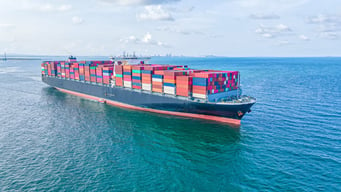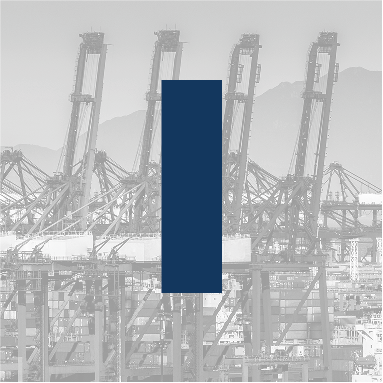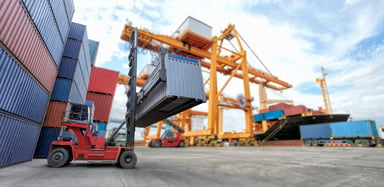
Importer Security Filing (ISF)

Home > Freight Glossary > Importer Security Filing
What is an Importer Security Filing?
The Importer Security Filing (ISF), commonly referred to as "10+2," is a U.S. Customs and Border Protection (CBP) requirement for maritime cargo shipments entering the United States. It mandates that importers or their agents provide specific advance cargo information to CBP before the goods are loaded onto a vessel headed to the U.S. The primary aim of ISF is to enhance border security by enabling CBP to assess the risk of incoming shipments and prevent the transportation of risky or illicit goods.
ISF filing requirements
ISF filing is essential for ensuring that shipments comply with U.S. import regulations. The requirements are designed to help customs officials assess the risk associated with the imported goods before they arrive. The filing must be completed 24 hours before the cargo is laden aboard a vessel destined for the United States, and it includes a variety of data points that provide CBP with details about the incoming shipment.
Who’s responsible for the filing?
The responsibility for ISF filing typically falls on the importer, who may also appoint an authorized agent, such as a customs broker, to submit the filing on their behalf. It’s crucial that the party responsible for the ISF has access to the necessary shipment information and understands the compliance requirements to avoid delays, penalties, or other enforcement actions by U.S. Customs and Border Protection.
What information is required?
The ISF generally requires the submission of 10 data elements from the importer and 2 from the carrier. The information helps CBP assess the risk level of the incoming shipment.
From the importer or supplier
- Manufacturer (or supplier) name and address
- Seller (or owner) name and address
- Buyer (or owner) name and address
- Ship-to name and address
- Container stuffing location
- Consolidator (stuffer) name and address
- Importer of record number/FTZ applicant identification number
- Consignee number(s)
- Country of origin
- Commodity Harmonized Tariff Schedule number
From the carrier
- Vessel stow plan
- Container status messages
Each piece of data provides CBP with critical insights into the shipment, aiding in the identification of potential security threats. Compliance with ISF filing requirements is not just about following regulations; it’s a crucial step in safeguarding the supply chain and ensuring the smooth processing of imports into the U.S.
Contact

Ocean Freight

Road Freight

Connect with Our Logistics Experts
Choose the specialized line for your specific cargo needs. Our dedicated teams are standing by to assist you in real-time.








